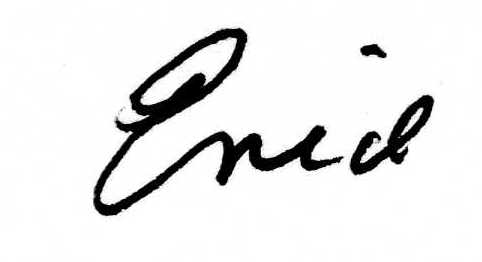Another greeting card holiday. What’s your style? Mushy? Romantic? Light-hearted? How long do you take to select a card?
Does the expensive piece of folded paper express your emotions or is it perfunctory? Do you buy chocolate too? Or flowers?
Or what about the little candies that say Be Mine? Are they an invitation, just a sweet sentiment or a tradition built over years of repetition—a reminder of years gone by?
Then again, how you handle Valentine’s Day depends on the role of love in your life. The Love Holiday is different if you are in the rapture of new love, if your love has lasted the test of time, if you are celebrating the birth of a new baby and feeling a whole new kind of love, if you are bonding with a dear old friend or a circle of friends. Or, maybe there is no card to send as you are estranged from or have lost the person you loved.
In love, the cycle of life matters.
And place matters: Valentine’s Day expressions of love are different in a classroom, a library or gallery, a hospital, a nursing home, on a walk at sunset, or in a bedroom.
Now you’re probably wondering: “What’s love got to do with philanthropy?”
Everything.
See what happens if you revisit what you’ve read so far and replace “select a card” with “select a non-profit organization” and “Valentine’s Day” with “giving”.
Now think about the concept of love: it is both a noun and a verb; a feeling and an action; an attachment or deep affection; a passion or an obsession.
The same can be said for giving.
To give is a verb, yet giving can be a noun—a feeling, an action. When giving is raised to its highest level of engagement, it can also be a passion or even a life’s work—an obsession.
“Love makes the world go round” or so says the classic waltz that continues, “somebody soon will love you”. And then there are more modern versions like Madonna’s ”There’s hunger everywhere; we’ve got to take a stand; reach out for someone’s hand; Love makes the world go round.”
Well, there’s another riff that applies as well, from the musical, Cabaret. “Money makes the world go round.” [Picture Liza Manelli and Joel Grey. The clink of the coins.]
Of course money and love both make the world go round, and the way people give money (or don’t) says a lot about their relationship with themselves and the world around them.
You don’t have to have a lot of money to give, but if you do have a lot of money and don’t give, why not?
You can choose the purpose of your giving.
You can choose the style of your giving.
You can choose the amount and timing and method of your giving.
So if you don’t choose to give, why don’t you?
Some say money can even solve problems, and big money can help find solutions to big problems.
Just ask Warren Buffet, Bill Gates, George Soros, Gordon Moore and Chuck Feeley who together have given over $75 billion and are still going strong, even when the problems they are trying to address seem intractable. For them, giving seems to be more than noblesse oblige, the obligation of the rich. They give with passion.
What’s your passion? Is it based on lust or love? Is it autonomic and a quest for adrenaline or is it long-term, sustained and committed?
Author’s note: I’m talking about passion for giving here, but if you went in a different direction, consider that giving can be just as energizing…and satisfying.
While we’re at it, let’s talk about the heart/head premise of giving. It is said, some give emotionally, based on their feelings of responsibility, guilt, affiliation, or gratitude, and others give intellectually, based on metrics, impact, and return on philanthropic investment. Is it really either/or?
The Beatles declared, “Money can’t buy you love”, but money can buy a lot of things: relief, solace, opportunity, hope, even change. And giving money might actually be a way of expressing love.
Why do we buy cards and expensive gifts on Valentine’s Day, or Mother’s Day or other made-up days? Why not express love when you feel it. When you know it will make a difference in someone else’s life?
You don’t need a Loving Day to love. You don’t need a Giving Day to give.
Enid M. Ablowitz, CFRE, CSPG, is a veteran advancement professional, author and consultant who is dedicated to educating and guiding donors and non-profit organizations on the art and science of strategic philanthropy.
Originally published in the Boulder Daily Camera on February 8, 2015.
‘Til next time — Give Well, Give for Good.


